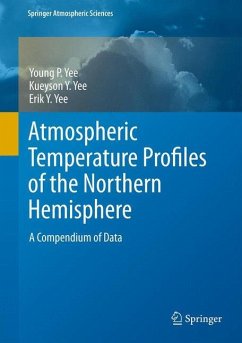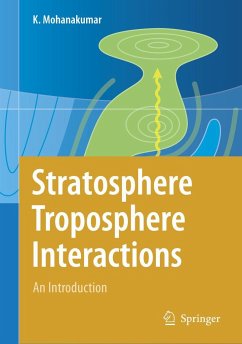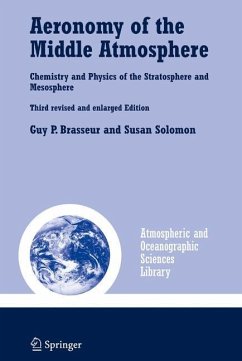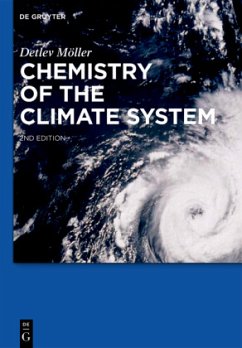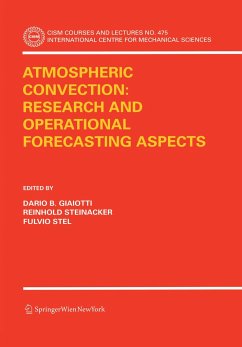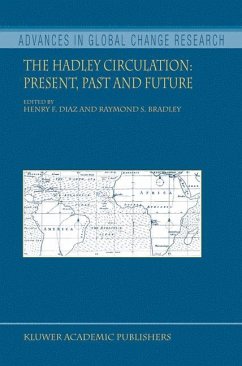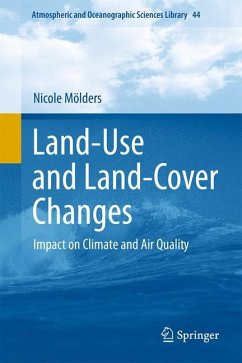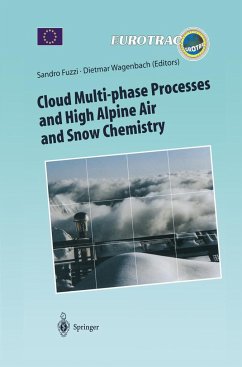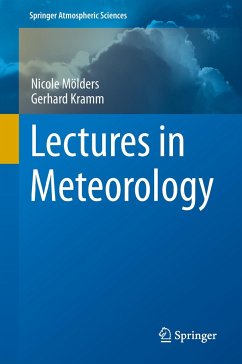
The Atmospheric Chemist's Companion
Numerical Data for Use in the Atmospheric Sciences
Versandkostenfrei!
Versandfertig in 1-2 Wochen
39,99 €
inkl. MwSt.
Weitere Ausgaben:

PAYBACK Punkte
20 °P sammeln!
This convenient, reliable and up-to-date desk-top reference collects frequently needed data for atmospheric scientists and others interested in the topic. The contents are presented in the form of text and illustrations with explanatory notes.
This companion provides a collection of frequently needed numerical data as a convenient desk-top or pocket reference for atmospheric scientists as well as a concise source of information for others interested in this matter. The material contained in this book was extracted from the recent and the past scientific literature; it covers essentially all aspects of atmospheric chemistry. The data are presented primarily in the form of annotated tables while any explanatory text is kept to a minimum. In this condensed form of presentation, the volume may serve also as a supplement to many textbooks used in teaching the subject at various universities.





